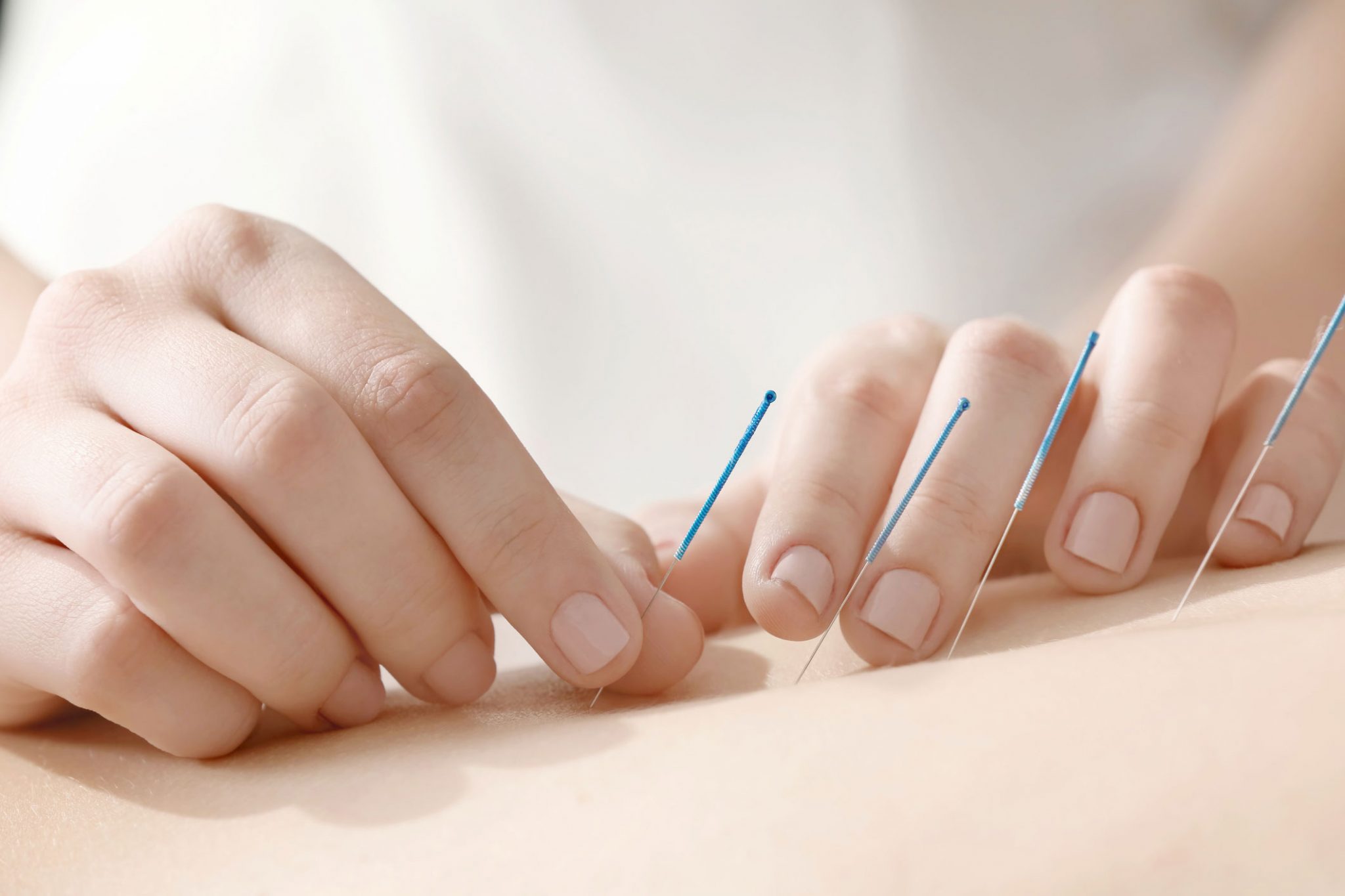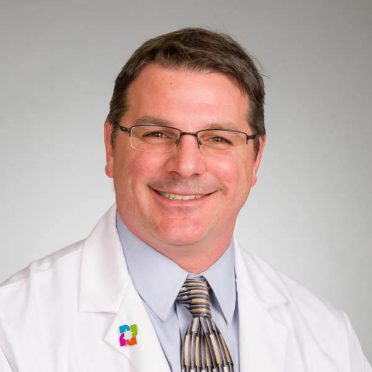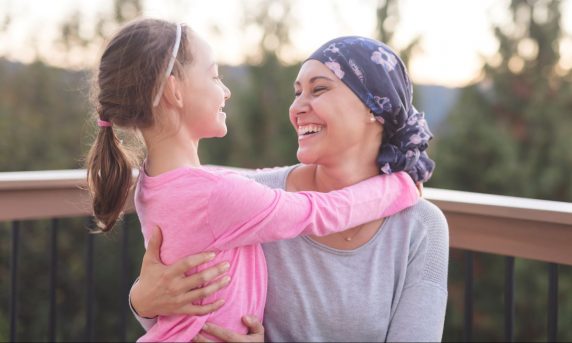One of the best integrative medicine treatments for cancer, both when receiving chemotherapy and well into survivorship, is also one of the oldest. Acupuncture, a distinct clinical subset of Traditional Chinese Medicine, dates back thousands of years.
Today, in numerous pilot and feasibility trials, acupuncture has been found to safely, and significantly, improve a cancer patient’s quality of life. Specifically, acupuncture improves cancer-related fatigue, depression, overall feeling of well-being, emotional distress and reduces pre-chemotherapy anxiety. Acupuncture also significantly reduces hot flashes, neuropathy and nausea in cisplatin-containing chemotherapy.
Electroacupuncture, with needles that carry a mild electric current, has proved as effective for sleep disturbance as the drug gabapentin — designed as a anti-epileptic treatment but also known for increasing slow-wave sleep. And in breast cancer patients with aromatase inhibitor-induced arthralgia (joint pain), 6-8 weeks of acupuncture has resulted in significant pain reduction.
Uncertainties remain about the clinical effectiveness of acupuncture, from the variety of treatments and protocols to the small number of study participants, short duration of trials, the variety of patient conditions and the lack of rigorous objective data such as X-rays, MRIs and laboratory blood work.
Still, you’ll find a variety of acupuncture techniques that might help. Some acupuncturists use auricular therapy (ear points) to treat cravings, addiction, stress and anxiety. It’s also the basis for battlefield acupuncture for military officials and veterans. Others use cupping, the application of heat, added “tuia na” (massage) or employ qigong (physical exercise and breathing control) and teach guided imagery during treatment. Electroacupuncture, when used to relieve nerve pain or muscle spasms, typically requires 1-2 treatments per week for 3-4 weeks during short-term management and 1-2 per month during long-term management.
Acupuncture: The Ancient Remedy
Acupuncture’s roots can be traced to ancient medical text that has provided the foundation of Chinese medicine for more than 2,000 years. The Huangdi Neijing, among the first books to describe “healthy living,” offers an in-depth review of the impacts of diet, lifestyle, emotions and environment on health. It also introduces the concepts of “balance,” which is as important today as it was 2,000 years ago as we all continue to struggle for life balance in our modern society. The Lingshu medical text specifically addresses the application of acupuncture in treating disease and maintaining balance.
How to Select an Acupuncturist
In Connecticut, the gold standard for selecting an acupuncturist is license verification from the Department of Public Health (click here). This ensures that the acupuncturist has completed an approved program, is nationally board-certified by the National Certification Commission for Acupuncture and Oriental Medicine and has passed an NCAOM-verified dry-needling techniques class. At Hartford Healthcare, we take an extra step and verify all credentials through the Medical Staff office, ensuring that our providers maintain education requirements and all certifications and licensure.
Cost and Coverage
Insurance reimbursement and session costs vary, depending on the practitioner. We recommend all patients contact their insurance carriers and review their plan and potential coverage.
Many insurers, workers’ compensation and employee benefit plans provide selected coverage options. A referral may be necessary for pain and cancer-related symptom support and some insurers require pre-authorization or a letter from the (acupuncture) provider before initiating care. Some locations and clinics may also provide group acupuncture at lower cost or provide free or reduced costs under grant support, such as the Angie’s Spa Cancer Foundation (at Hartford Hospital).
At the Hartford HealthCare Cancer Institute, within the department of Integrative Medicine, we make every effort to work with your oncology treatment team and provide access to acupuncture at a variety of clinical sites. If you are considering using acupuncture as part of your medical plan, we encourage you to discuss with your providers who can make a referral for an acupuncture consultation. You can also contact us directly at 860.972.4444 or via email: therapies.integrative@hhchealth.org.



